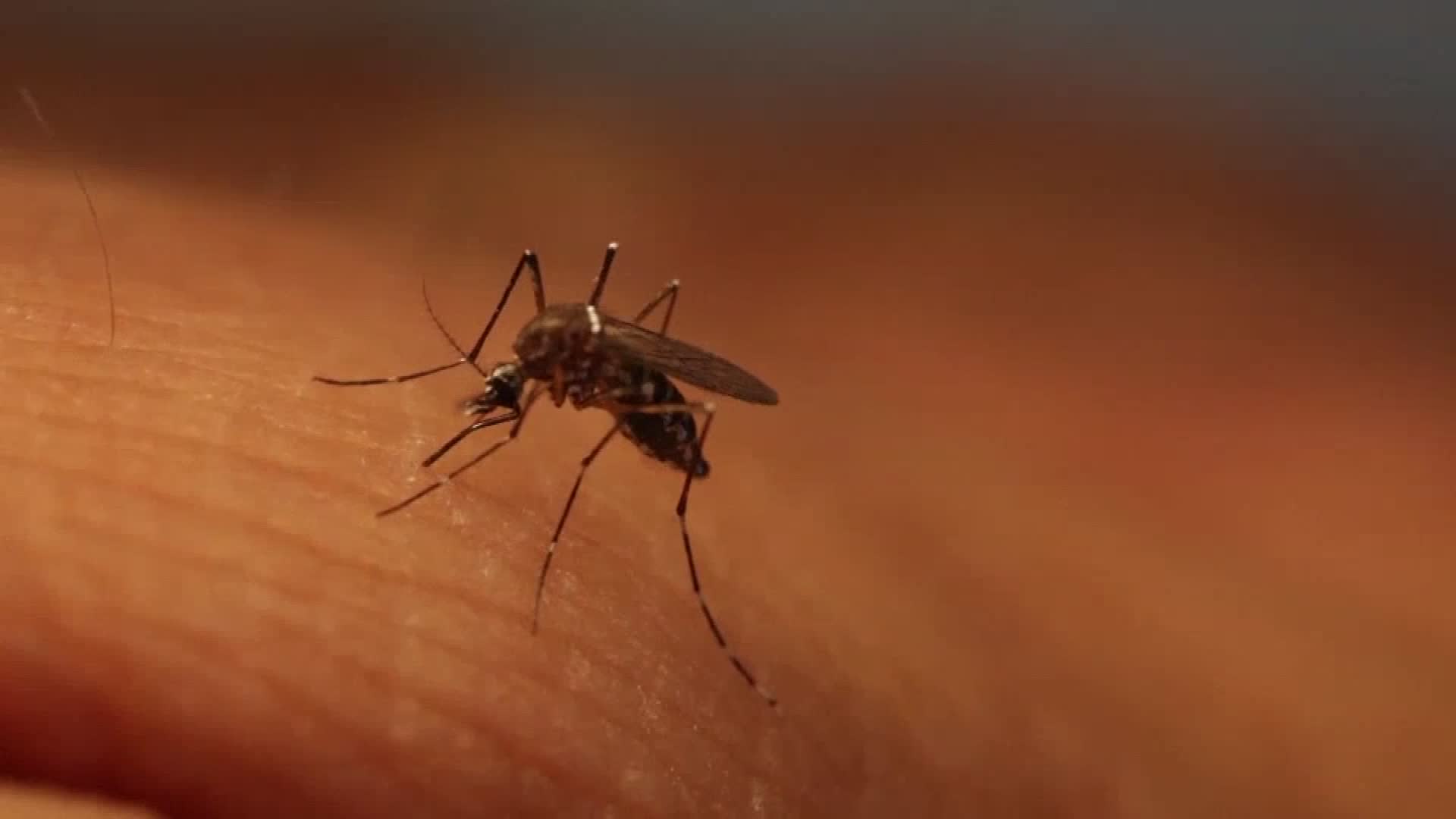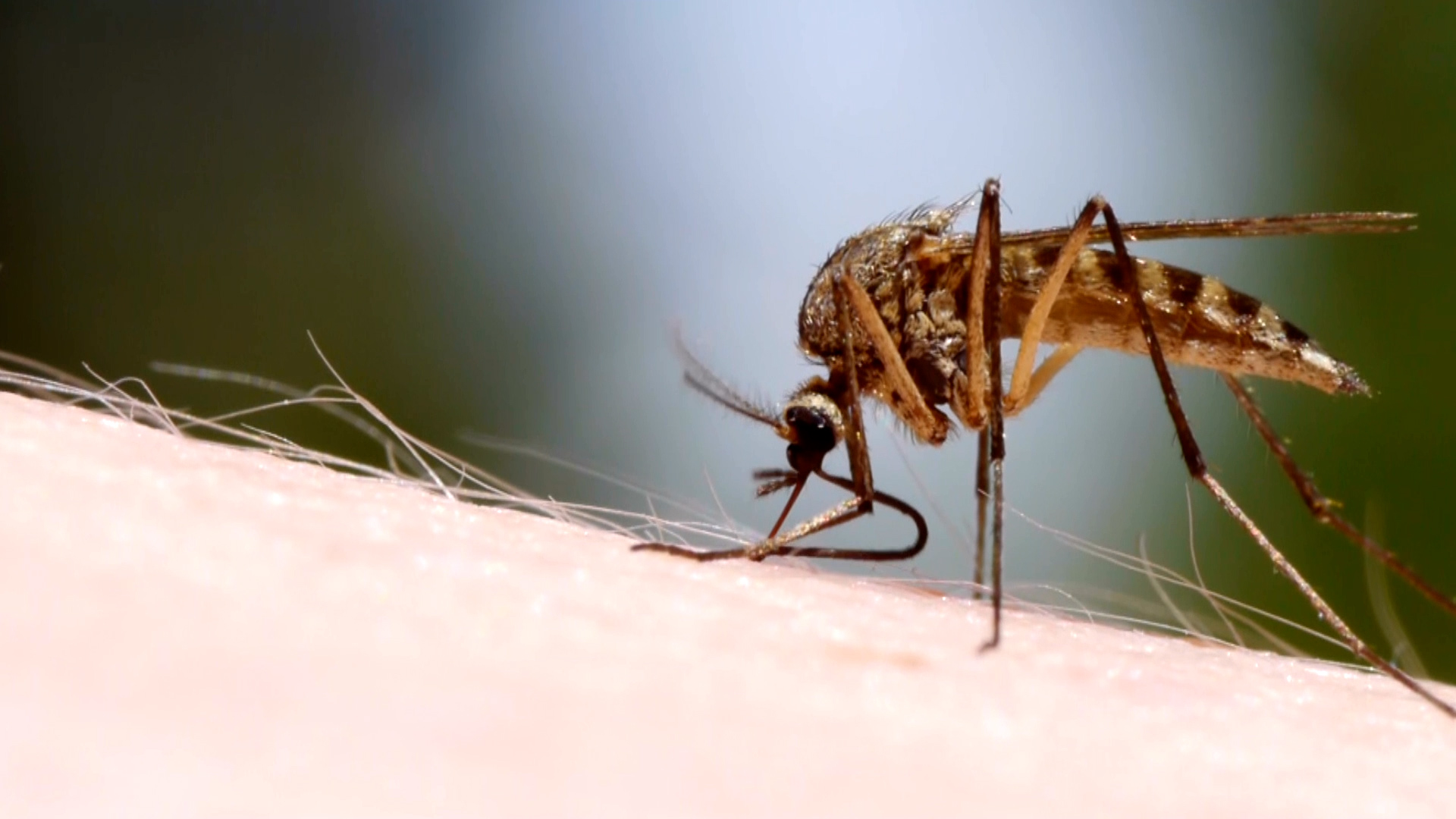The New Jersey Department of Health and the New Jersey Department of Environmental Protection are urging residents to take precautions after one resident died from the West Nile virus.
West Nile virus is a disease that can be acquired through the bite of a mosquito that had fed on an infected bird.
New Jersey has reported seven other cases associated with the virus this season, and six cases have been hospitalized.
Four of the cases had been reported in Bergen County, including one death, three cases in Middlesex County and one case in Camden County, according to officials.
Get top local stories in Philly delivered to you every morning. Sign up for NBC Philadelphia's News Headlines newsletter.
In the state of New Jersey, most West Nile virus cases are reported in August and September.
Based on the health department's research currently, the West Nile virus activity in mosquitoes is high and there are significantly more West Nile virus-positive mosquito pools this year in comparison to 5 years ago.
The health department stated those who are infected by the virus can experience symptoms such as severe headache, high fever, neck stiffness, stupor, disorientation, coma, tremors, convulsions, muscle weakness and paralysis.
About one in 150 persons could develop a serious, sometimes fatal neurological illness and people who are over the age of 50 and those with weak immune systems are at greater risk to develop a severe illness, according to the health department.
In a typical year, there are about eight cases reported in New Jersey but last year there were 20 cases and four deaths reported.
The health department listed key ways to protect yourself against mosquito-borne diseases:
- Wear EPA-registered insect repellant.
- Avoid being outdoors during dawn and dusk when mosquitos are most active.
- Wear long sleeves and long pants.
- Cover crib, stroller and baby carrier with mosquito netting.
- Repair holes in screens to keep mosquitoes outside and use air conditioning when possible or ensure you have well-fitted screens.
Also, residents and businesses can reduce mosquito populations by making sure they empty out of change outdoor standing water to stop mosquito breeding.
For more information, you can visit www.nj.gov/health.
Sign up for our Breaking newsletter to get the most urgent news stories in your inbox.



